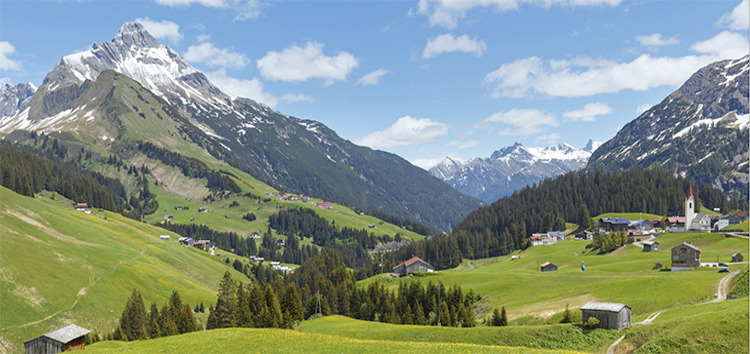Reduplication is used in Indian English to indicate emphasis, distributive meaning, or indefiniteness
The sources I found indicate that reduplication of adjectives in Indian English can indicate various qualities: emphasis, distributive meaning, or indefiniteness.
This page I found shows that it's used in a distributive manner:
(5) Reduplication used for emphasis and to indicate a distributive
meaning: I bought some small small things; Why you don't give them one
one piece of cake?
– "Indian English", Concise Oxford Companion to the English Language
The first sentence would mean "a number of small things" and the second sentence would mean "give everyone a piece of the cake".
And this other page specifically says "small small" does not necessarily mean "very small":
Indian Pidgin English is an example of a variety that uses reduplication in a remarkable number of ways. [...] if you hear This house has small small room the meaning is not "a very small room" but "several small rooms". The reduplication expresses plurality.
– Making Sense: The Glamorous Story of English Grammar, by David Crystal, on Google Books
Some more resources for further reference:
How to express this in other kinds of English
This kind of expression is often used in my language and I get where you're coming from (hopefully). In Turkish, this would emphasize plurality, meaning there are an increased number of small things rather than the same number of smaller things. Unfortunately, Standard English has nothing like what you're suggesting.
The closest you can get is the adjectives like "many" or "a number of". As in
There were a number of large mountains, and many small houses in
the foothills.
or you can imply a plural form with "a range of" and by that way, you can use "a number of" for the houses without repeating yourself
There was a range of large mountains, and there were a number of small
houses in the foothills.
If you want to imply distance between the houses or the mountains, you could change it to something like
There were a number of large mountains scattered around [the valley], and small houses were at their foothills.
There was a range of large mountains, and small houses were scattered around the foothills.
There was a range of large mountains, and there were a number of small houses, scattered around the foothills.

